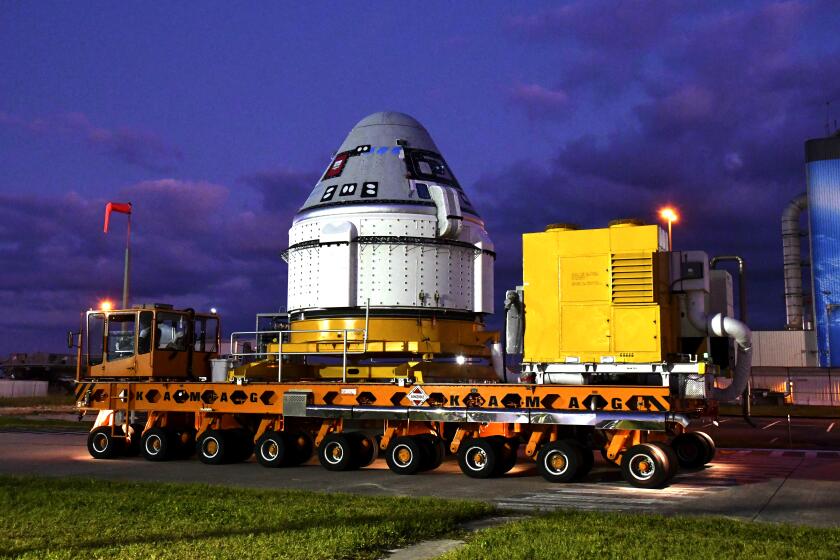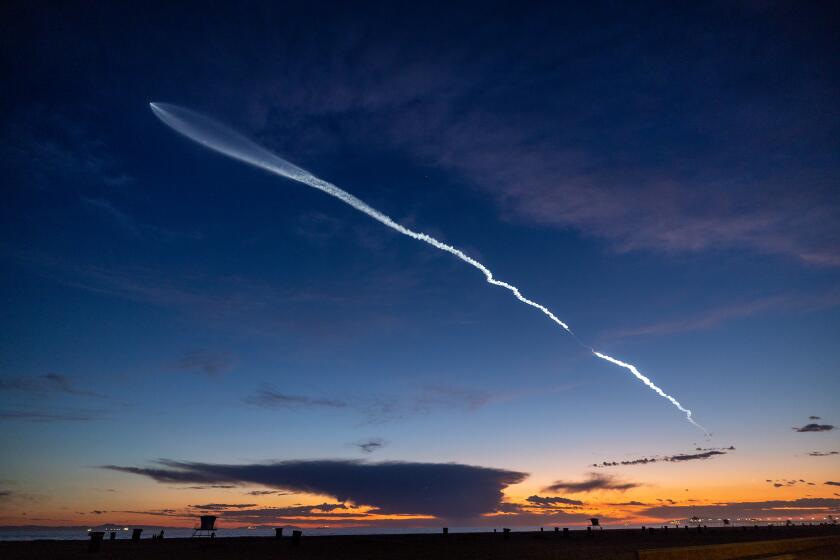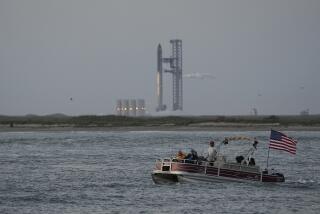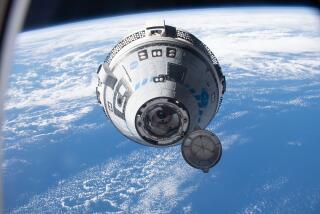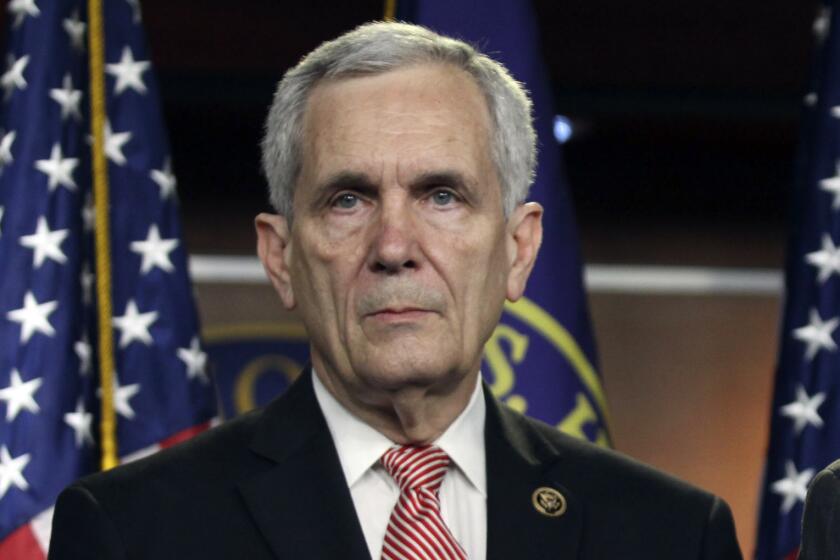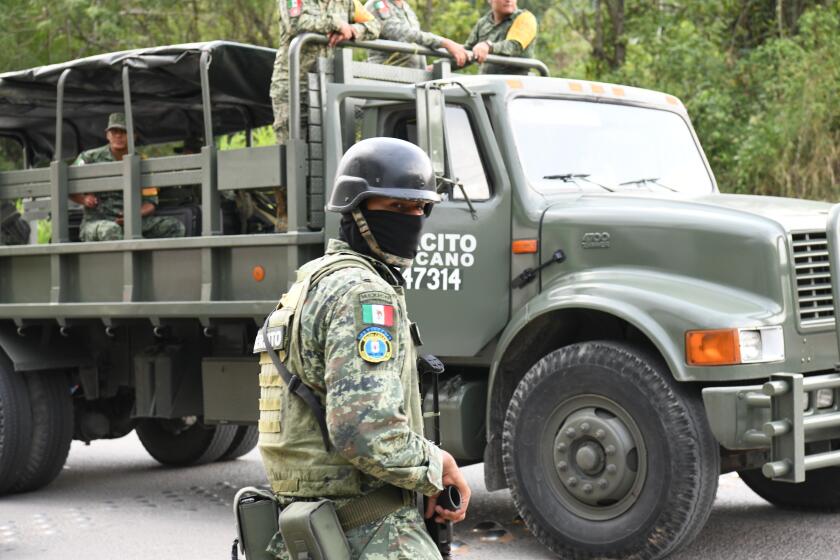Boeing’s first astronaut flight called off at the last minute in latest setback
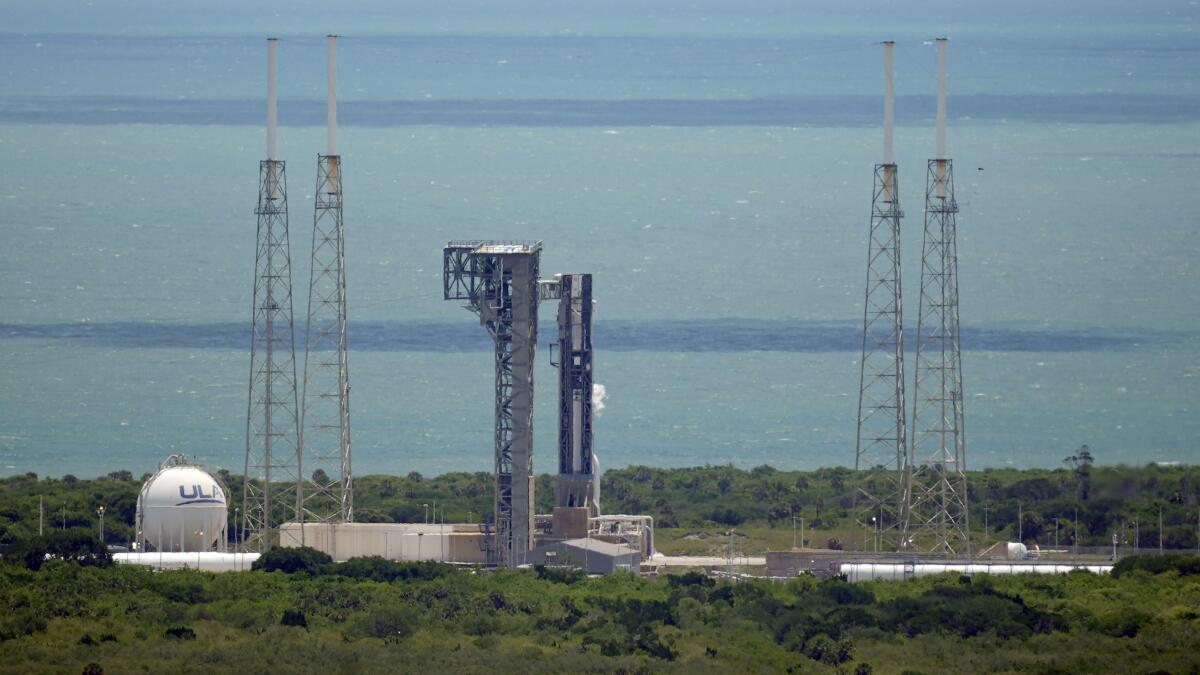
Last-minute computer trouble nixed Saturday’s launch attempt for Boeing’s first astronaut flight, the latest in a string of delays over the years.
Two NASA astronauts were strapped in the company’s Starliner capsule when the countdown automatically was halted at 3 minutes and 50 seconds by the computer system that controls the final minutes before liftoff.
With only a split second to take off, there was no time to work the latest trouble and everything was called off.
Technicians raced to the pad to help astronauts Butch Wilmore and Suni Williams out of the capsule atop the fully fueled Atlas V rocket at Cape Canaveral Space Force Station. Within an hour of the launch abort, the hatch was reopened.
The team can’t get to the computers to troubleshoot the problem until the rocket is drained of all its fuel, said Tory Bruno, CEO for the rocket maker, United Launch Alliance.
Bruno said one of the three redundant computers located near the rocket at the pad was sluggish. All three must work properly to proceed with a launch, he said.
The next launch window was Sunday, but NASA said later Saturday it would forego that launch attempt and focus on either Wednesday or Thursday of next week.
“This is the business that we’re in,” Boeing’s Mark Nappi said. “Everything’s got to work perfectly.”
It was the second launch attempt. The first try on May 6 was delayed for leak checks and rocket repairs.
The launch of Boeing’s Starliner capsule is set for June 1 following detection of a helium leak in the spacecraft that will service the International Space Station.
NASA wants a backup to SpaceX, which has been flying astronauts since 2020.
Boeing should have launched its first crew around the same time as SpaceX, but its first test flight with no one on board in 2019 was plagued by severe software issues and never made it to the space station.
A redo in 2022 fared better, but parachute problems caused more delays. A small helium leak in the capsule’s propulsion system last month came on top of a rocket valve issue.
The U.S. Space Force said it wants to launch 36 rockets a year from Vandenberg Space Force Base. The Coastal Commission has concerns.
More valve trouble cropped up two hours before Saturday’s planned liftoff, but the team used a backup circuit to get the ground-equipment valves working to top off the fuel for the rocket’s upper stage. Launch controllers were relieved to keep pushing ahead, but the computer system known as the ground launch sequencer ended the effort.
“Of course, this is emotionally disappointing,” NASA astronaut Mike Fincke, the backup pilot, said from neighboring Kennedy Space Center.
But he said delays are part of spaceflight. “We’re going to have a great launch in our future.”
Dunn writes for the Associated Press.
More to Read
Start your day right
Sign up for Essential California for news, features and recommendations from the L.A. Times and beyond in your inbox six days a week.
You may occasionally receive promotional content from the Los Angeles Times.
